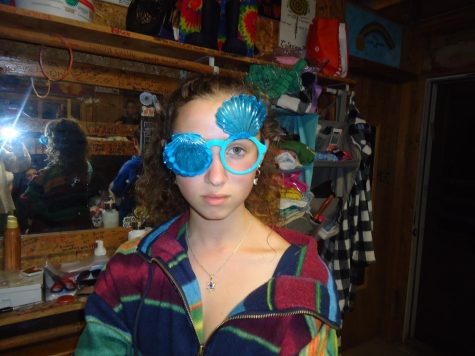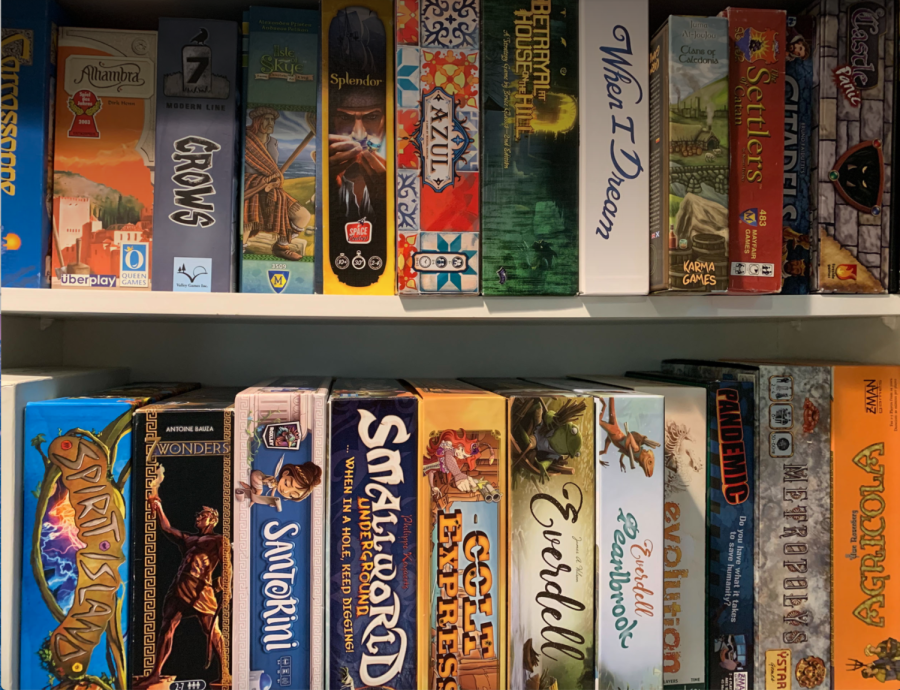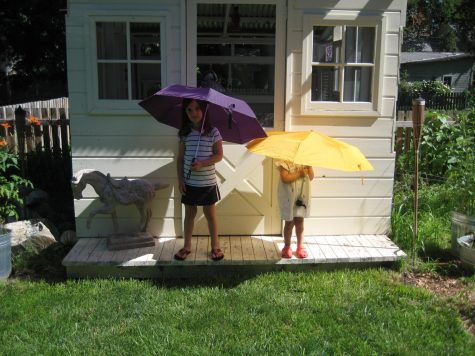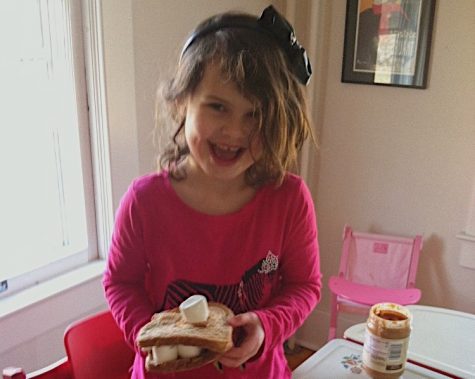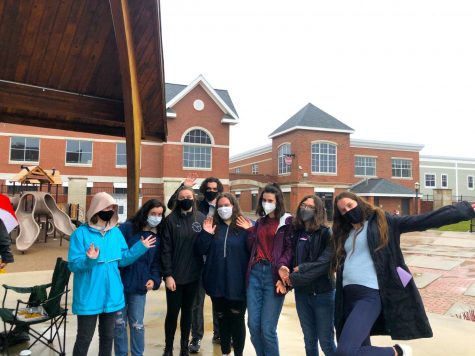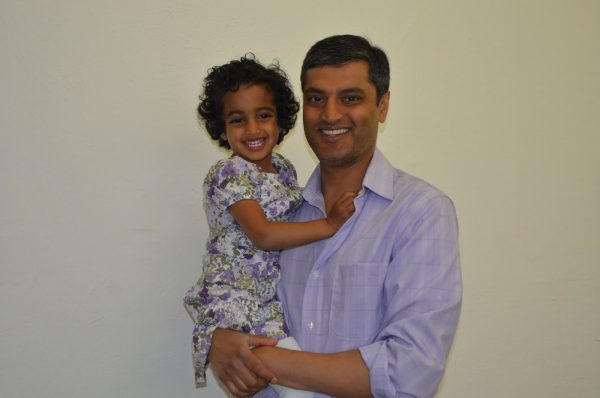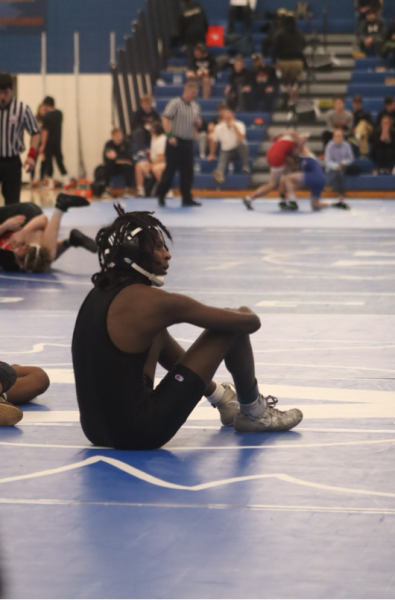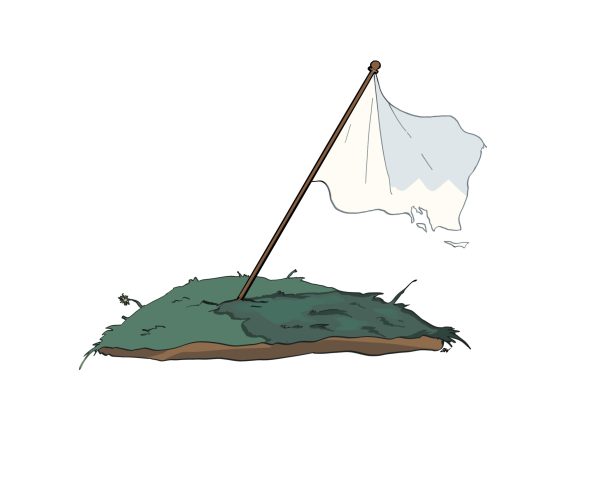The Play at Home Order
He played his final move, and we all sighed. My dad had won again. Handing me his laptop, he started cleaning up the board game. A blank Google Doc was open, waiting for me to write my review.
“Very engaging,” I started. “I like working with a partner and playing against another team.”
Too basic, I have ten other reviews that start the same way.
“Fun to play, even when you are losing,” I wrote.
Meh. Whatever I wrote had to seem fresh and creative; this was my 127th board game review of the year.
My family publishes new reviews on our website every week. Each review has a photo of us playing the game along with reviews from each player. We all rank the games and place them into categories: cooperative games, card games, word games, party games, etc.
My father has always been a board game fanatic. Throughout my childhood, if I ever found myself without something to do, he was there asking me to play 7 Wonders, or some complicated strategy game. Sometimes, I would gladly participate, but more often than not, I would make excuses and conveniently find something else to do.
Then, the pandemic hit. Suddenly, we were sitting and staring at each other for days on end with no prospect of leaving the house. My brother and I were at each other’s throats, my mother was on Zoom calls 10 hours a day and it seemed like there was no end in sight. To my dad, it was the perfect opportunity to corral us into a year-long family project.
The first few weeks were hard. I was so in my head about the pandemic and what I was missing; it was hard to concentrate on anything else.
My life was on FaceTime, and the anxieties from all the change were almost too much to bear. I was laying in my bed, calling a friend and looking through camp photos when my dad called me downstairs.
“I want you to write a review of the game we played last night,” he said.
“This is ridiculous,” I thought to myself. It was enough that he had gotten me to play a game that took an hour to teach, but to have a writing assignment that came with it? Ugh.
For the next few weeks, this continued. It became our routine. Every night after dinner, he would pull another from the shelf. Sometimes it was something new, or sometimes it was an old favorite.
The rote, repetitive nature ensured, per my dad’s dastardly plan, that we had face-to-face family time every day. We were no longer in our own little worlds. We weren’t on different screens. We weren’t even in different rooms. It sometimes felt adversarial, but we ended up getting to know each other really well.
As the weeks rolled on, we figured out how to make each other laugh. We developed inside jokes. We knew how to push each other’s buttons. We got to know those little quirks of our personalities that we usually missed from rushing past each other. It became a snapshot of who we were as a family. We really saw each other, and the games were a vehicle for that.
Besides, the games themselves were pretty cool. They weren’t all like Monopoly and Scrabble. They have names like Tokaido and Terra Mystica. Each of them is challenging in a different way. They focus on strategic skills, collaborative skills, patience and ingenuity. Some are just silly party games.
My favorites ended up being the social deduction games, like Avalon, Secret Hitler and Coup. “Social deduction” is an overly formal term for a game where everyone claims to be telling the truth, but some players are lying. These games not only brought out my competitive spirit, but also played into my pent-up desire for social interaction. Even the simple act of convincing someone of something was refreshing. I learned more about the kind of social skills that I am good at. As much as I might hate to admit it, it helped me grow and appreciate my strengths and weaknesses as a social being.
There is no quicker snapshot of personality than playing a board game. You can tell whether someone is fair-minded, creative, competitive, artistic, cooperative, funny or none of the above based on a simple 30 to 45-minute experience. I ended up learning a lot about the people in my house. Over the last year, we have stormed away from the table; we have cried and flipped the game board; we have laughed until we cried; we have played a single game for over three hours (and have walked away from another after five minutes); we have cooperated and we have committed traitorous acts against each other. In a way, board games encapsulate my family’s experiences over the last year. They helped us turn sedentary nothingness into something challenging and constructive.
